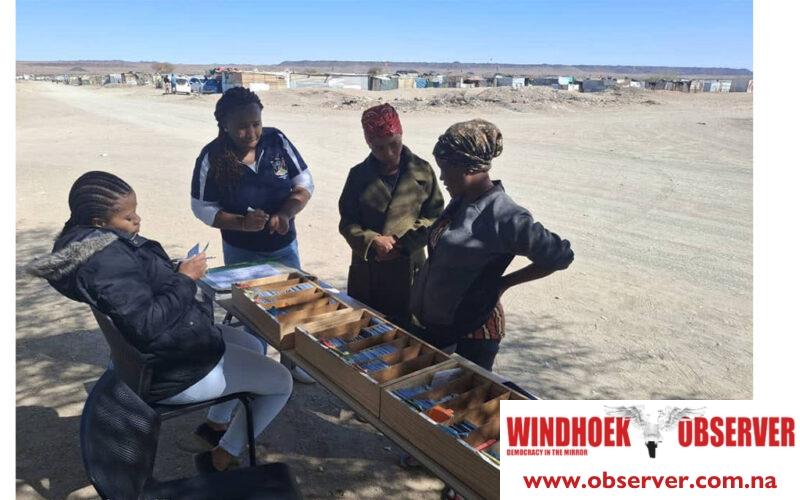Niël Terblanché
To strengthen its dedication to providing all Namibians with proper identification documents the government has launched Identity Week to ensure that everyone will have legal identity by 2030.
The goal is in line with the United Nations Sustainable Development Goals.
Identity Week was launched during this year’s commemoration of Identity Day on Monday.
The campaign will focus on the importance of civil registration and the inclusion of all citizens in the nation’s formal identity systems.
The ministry of home affairs, immigration, safety, and security launched a nationwide mass registration programme earlier this year.
In a statement, Etienne Maritz, the ministry’s executive director said that the programme, which ran from 5 February to 31 July 2024, sought to bring identity and birth registration closer to communities, especially targeting undocumented residents.
“The government’s focus has also expanded to individuals potentially at risk of statelessness, marking a significant step in addressing this issue and enhancing social progression,” he said.
He added that the theme, ‘Towards Legal Identity for All: Celebrating the Right to Be Visible’, stresses the need for comprehensive identity coverage and the protection of personal information.
Maritz added that during the registration campaign, more than 110 000 individuals were served across Namibia.
This included 31 135 birth registrations, 32 501 new ID applications, and the identification of 12 939 duplicates.
“Despite the success of this campaign, more than 130 000 identity documents remain uncollected, reflecting a persistent challenge for the government,” he said.
He added that in an effort to address this issue, the ministry is conducting a week-long campaign across the country to distribute uncollected identity documents.
As part of ID Week 2024, regional government authorities have been engaged to set up collection centres at community gathering points and promote the initiative through local radio stations and community meetings.
In some regions, the outreach also includes the registration of births and the application for both new IDs and duplicate documents.
Maritz said that the importance of having a legal identity cannot be overstated.
“As highlighted by ID4Africa’s Executive Chairman, identity is more than just a legal document; it is a critical connection to the world, enabling individuals to participate in society, access services, and secure their rights,” he said.
The Ministry’s ID Week activities are aimed at ensuring that no Namibian is left behind in this process.
Maritz urged Namibians to visit their designated centres to collect their identity documents promptly.
“Verifiable proof of identity is essential for access to social services, employment opportunities, and full participation in society,” he said.
He added that along with ongoing efforts, Namibia is on track to achieving its Vision 2030 goals of becoming an industrialised nation, and comprehensive civil registration is a pivotal element in this journey.




